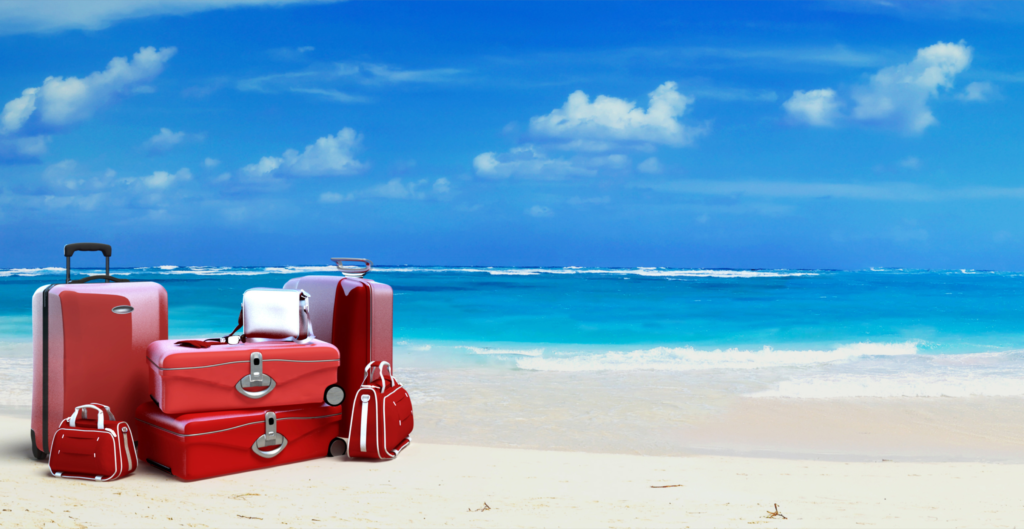
Traveling offers the joy of discovering new destinations and cultures. However, with this privilege comes the responsibility of preserving the environment. One of the most vital yet often overlooked resources during our journeys is water. Conserving water is crucial not only for the planet’s well-being but also to ensure that future generations have access to clean and safe water. Whether you’re traveling for leisure or business, here are practical and effective ways to conserve water while on the go.
1. Choose Eco-Friendly Accommodations
Begin your water conservation efforts by selecting accommodations that prioritize sustainability. Many eco-friendly hotels and resorts have implemented water-saving practices, such as:
- Low-flow fixtures: Eco-conscious hotels often install low-flow faucets, showerheads, and toilets to reduce water usage without compromising comfort.
- Rainwater harvesting: Some properties collect and store rainwater for non-potable uses like flushing toilets and irrigation.
- Linen reuse programs: Hotels may encourage guests to reuse towels and bed linens to reduce water usage from constant washing.
When booking your stay, look for accommodations with green certifications, such as EarthCheck, Green Pearls, or Ecobnb. These certifications indicate a commitment to sustainable practices, including water conservation.
2. Pack a Reusable Water Bottle
Single-use plastic water bottles contribute significantly to pollution, especially in tourist-heavy regions. Instead of relying on disposable bottles, bring a reusable water bottle:
- Eco-friendly materials: Opt for stainless steel or glass bottles, which are durable, BPA-free, and long-lasting.
- Water filter bottles: If you’re traveling to areas where tap water may not be safe, consider using a water filter bottle. These portable filters allow you to safely drink tap water without purchasing bottled water.
Carrying a reusable bottle not only reduces plastic waste but also encourages mindfulness about water consumption. Many airports and cities now have refill stations, making it easier to keep your bottle filled throughout the day.
3. Be Mindful of Daily Water Usage
Small actions can lead to significant water savings. As a responsible traveler, adopt these simple habits:
- Shorten your showers: Reducing shower time is one of the most effective ways to save water. A five-minute shower uses significantly less water than a long, leisurely one.
- Turn off the tap: While brushing your teeth or washing your hands, turn off the tap when it’s not needed. This simple habit can conserve gallons of water over the course of your trip.
- Report leaks: If you notice any leaks in your hotel or rental property, report them immediately. Even small leaks can waste large amounts of water if left unattended.
These habits require no special equipment and can be easily incorporated into your daily routine, ensuring you contribute to water conservation effortlessly.
4. Opt for Water-Efficient Activities
When planning your activities, consider those that are water-efficient and have minimal impact on local water resources:
- Hiking: Exploring nature on foot is one of the most sustainable and water-efficient ways to travel.
- Cycling: Riding a bicycle through a new destination reduces your carbon footprint and doesn’t require water usage for transportation.
- Kayaking or canoeing: If you enjoy water activities, kayaking and canoeing are great alternatives to motorized boats, which consume fuel and may require significant water resources.
These activities help you stay active while minimizing your water footprint and allow you to connect with the environment sustainably.
5. Utilize Water-Saving Travel Gadgets
Modern technology offers solutions to help travelers conserve water without sacrificing comfort:
- Low-flow travel showerheads: These portable showerheads are designed to reduce water flow while maintaining good pressure, making them perfect for reducing water consumption when traveling.
- Portable water filters: If you’re in an area where tap water is safe to drink, a portable water filter can help you avoid bottled water and the associated waste.
These tools are practical and provide peace of mind, knowing you’re making eco-friendly choices on the road.
6. Reuse Towels and Linens
One of the simplest ways to conserve water during your hotel stay is by reusing towels and linens. Many accommodations have sustainability programs encouraging guests to use towels multiple times instead of having them laundered daily.
- Towel reuse: If you don’t need fresh towels every day, hang them up or place them in a designated spot to indicate you’ll be using them again.
- Decline daily linen changes: If you’re staying for several days, request that the hotel only change your bed linens upon request or on a set schedule.
Reusing towels and linens is an easy yet effective way to reduce the environmental impact of your trip.
7. Educate Yourself About Local Water Resources
Water scarcity is a critical issue in many parts of the world, especially in arid or drought-prone regions. Understanding the local water situation can help you become a more responsible traveler:
- Research water scarcity: Before you travel, educate yourself on the water situation in your destination. Some areas might have strict water usage guidelines or seasonal restrictions. Being aware of this helps you adjust your habits accordingly.
- Support local water initiatives: Many regions are working hard to address water shortages and promote sustainable water management. Consider supporting local water conservation projects, either through donations or by participating in eco-tourism activities that contribute to these efforts.
This knowledge empowers you to make choices that align with local efforts to conserve water, reducing your overall impact.
Conclusion
Water conservation is an essential practice that every responsible traveler should adopt. From choosing eco-friendly accommodations and packing reusable bottles to being mindful of daily activities and engaging in water-efficient travel experiences, there are many ways to reduce your water footprint while exploring new places. By incorporating these simple yet impactful practices into your travel routine, you not only help preserve water resources but also contribute to a more sustainable future for travelers and local communities alike.
